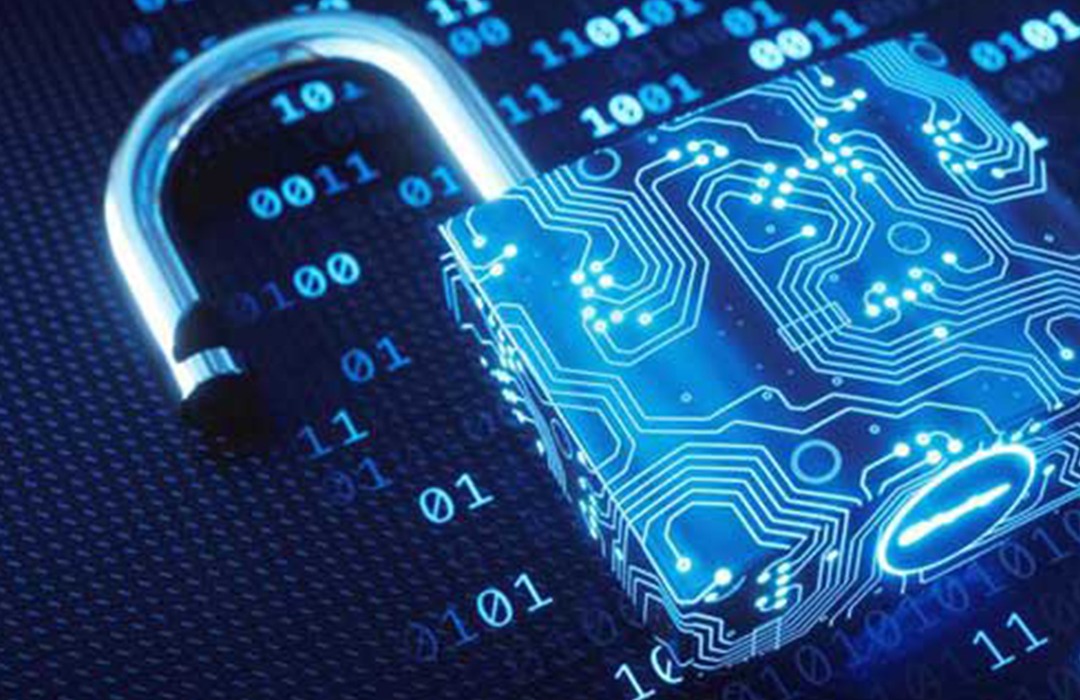
IT Support & SecurityWritten By: Suman Kumar Paul
We live in a world where a single click can cost you thousands, if not millions of dollars. Do you think your cyber security practices are safeguarding your confidentiality?
Today’s cyber world has turned into a dangerous environment littered with malicious links, malware, and viruses. It is very tough to protect ourselves from cyber-attacks as hackers always try to incorporate new tactics to expose security loopholes.
But, there are possible methods to prevent these attacks and we aim to help our readers to become more cyber aware. We prepared the following security tips based on our expertise in handling thousands of security activities for businesses and individuals around the world.
1. Keep Yourself Updated With Latest Phishing Techniques
In this dynamic world of technology, we should invest time in updating ourselves with the latest technologies and their possibilities. Being responsive to the latest cyber threats improves your knowledge and awareness. Moreover, you can participate in cyber security training for detailed security-related understanding.
2. Keep Your Software And OS Updated
You need to ensure that all your devices and gadgets are properly maintained and updated. An updated operating system and software assure all vulnerabilities and bugs are fixed as quickly as possible.
3. Integrate Two/Multi-Factor Authentication
Two-factor authentication, sometimes known as multi-factor authentication, is a technology that incorporates an additional layer of security to the regular password-based online logins. A 2-factor authentication demands an additional personal identification code or OTP or biometric input for authentication. Moreover, the technique protects your online accounts from getting hacked even if the hacker knows your password.
4. Backup Your Data Regularly
Creating multiple copies or backing up your important data is the best approach to fight against cyber threats. The technique not only streamlines our online data management issues but also maintains data integrity. Creating multiple copies of data on different storage media helps in data restoration if required.
5. Strong Password Management
It is 100% true that following the best standards for passwords can safeguard you from a wide range of possible cyber security risks. Simple activities like creating a new password every time, never sharing passwords, and using two-factor authentication can sometimes save a bunch of resources and hassles.
6. Integrate Anti-Virus and Firewall
The use of Anti-virus software is one of the simplest techniques to eliminate harmful cyber threats. It effectively blocks advanced malware, viruses, and spyware from corrupting your important data. However, be sure to have reliable antivirus software from a reputed brand.
On the other hand, one can opt for a robust firewall for securing data and malicious attacks. It mainly filters out malicious activities and controls the traffic. To keep your online space clean from intrusions you must invest in firewall integrated router.
7. Think Before You Click
It is always recommended not to browse unknown websites or install software from unreliable sources as these websites often install spyware surreptitiously and corrupt your computer. In addition, if you find any unknown attachments or links in your inbox never try to click. These links may contain auto-download plugin content/scripts which can breach your confidential data.
8. Secure Your Confidential Personal Identifiable Information (PII)
PII can be any information that helps a cyber-criminal locate or track you. It includes Names, Addresses, Date of Birth, Location details, IP addresses, or any digital identity data. Before performing any financial transaction you must check whether the company follows the PCI DSS standards to safeguard your credit card information. In addition, never disclose yourself much on social media and review your privacy settings across all your online accounts.
9. Avoid Using Public Wi-Fi Hotspots
It is not recommended to use public hotspots without isolating yourself with a VPN. The use of a VPN encrypts the data and traffic between your system and the VPN server. The technique makes it far more challenging for a hacker to gain access to your device’s data. When the integrity of your data is important, the VPN is the only solution.
10. Regularly Change Your Online Accounts PINs And Passwords
Considering modern-day breaches we suggest users change the passwords of their online accounts on regular basis. It effectively eliminates the risk of Phishing and Social engineering threats. An old or weak password can help a cybercriminal to crack your confidential data.
What to do if you are hacked?
We’ve covered a lot of cyber security tips but if you think you have mistakenly clicked on a malicious link then you must disconnect your internet connection. After that immediately contact IP security experts for a detailed inspection.
We at VTPL offer a complete range of security solutions for both personal and business users. To streamline your business processes we serve technological customizations with robust security assessments. To learn more about your security standards feel free to contact us at info@vareli.co.in.
TAGS - data security service it risk management managed security service information security management services it service providers best it security solutions cyber security service providers security
See Also - Coffee & Passwords are the Best when they are Strong